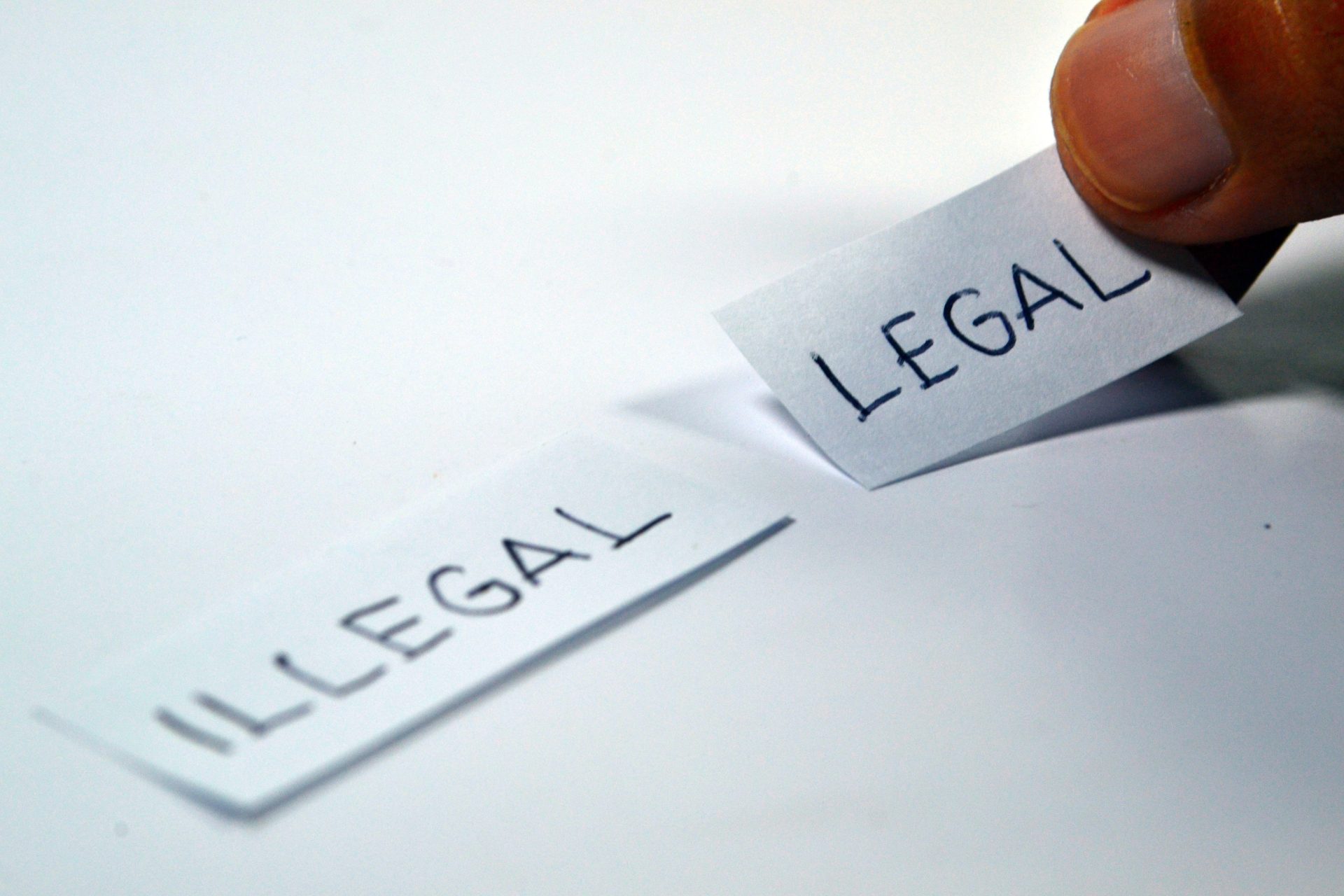Domestic violence is a grave issue affecting countless individuals across India. Understanding the legal process for addressing such cases is crucial for victims seeking justice. This blog outlines the steps involved from reporting to court proceedings and offers guidance on what to expect and how to prepare.
Reporting Domestic Violence
The first step in addressing domestic violence is to report the incident. Victims can file a complaint at the nearest police station under Section 498A of the Indian Penal Code (IPC), which deals with cruelty by husband or relatives of the husband. Additionally, The Protection of Women from Domestic Violence Act, 2005 (PWDVA) provides a civil law remedy for the protection of women from domestic violence. Under PWDVA, victims can also approach Protection Officers, service providers, or NGOs for assistance.
Filing a Domestic Incident Report (DIR)
Once a complaint is lodged, the Protection Officer will prepare a Domestic Incident Report (DIR). This report is crucial as it details the nature of the abuse and is submitted to the Magistrate. The DIR helps in obtaining immediate protection orders and other reliefs under the PWDVA.
Seeking Protection Orders
Victims can seek various protection orders, including residence orders, monetary reliefs, custody orders, and compensation orders under Section 18 to 22 of the PWDVA. These orders aim to ensure the safety and well-being of the victim and any children involved. Interim orders can also be requested for immediate relief.
Court Proceedings
Once the application for relief is filed, the court proceedings begin. The Magistrate will hear the case and examine the evidence presented. It is essential for the victim to be prepared with all relevant documents, such as medical reports, witness statements, and any other evidence of abuse. Legal representation can significantly aid in navigating the complexities of the court process.
Final Orders and Enforcement
After hearing both parties, the court will pass final orders based on the evidence and testimonies. It is important to note that the enforcement of these orders is crucial for the victim’s safety. The police and Protection Officers play a significant role in ensuring compliance with the court’s directives.
What to Expect and How to Prepare
Victims should be prepared for the legal process by documenting all instances of abuse meticulously. Keeping a diary of events, preserving any physical evidence, and seeking medical attention for injuries are important steps. Engaging with a competent lawyer who specializes in domestic violence cases can provide invaluable support and guidance throughout the process.
Understanding these steps and being well-prepared can empower victims to navigate the legal system effectively and seek the justice they deserve.

